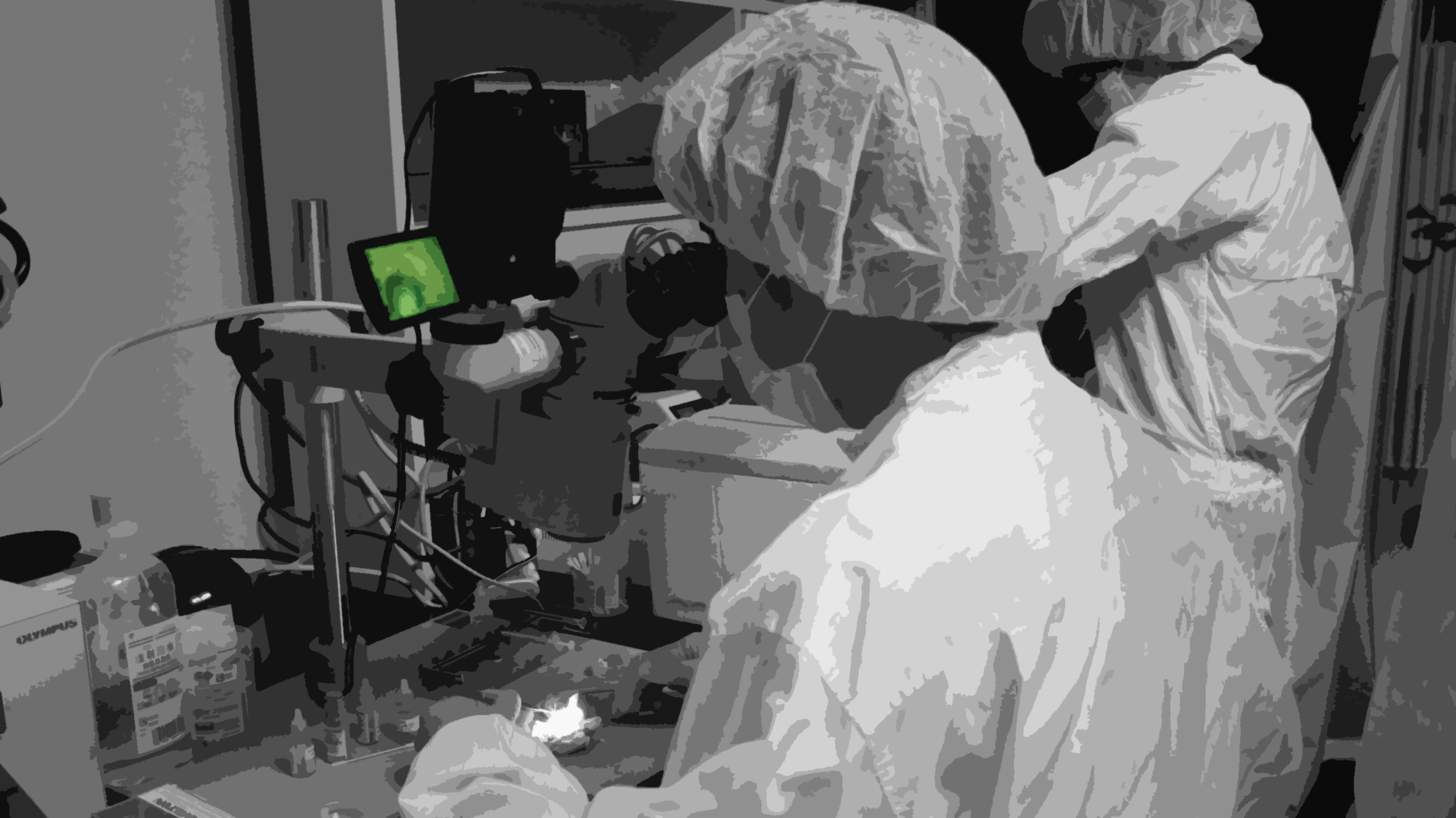
In 2018, I received my PhD in Anthropology and Science Studies from Osaka University in Japan. My supervisor was Prof. Atsuro Morita, an anthropologist of science and technology, and I also worked closely with Dr. Casper Bruun Jensen, a theorist in social studies of science. Throughout my academic career, I have made it a priority to collaborate with other scholars, by contributing to international research projects in Denmark, the Netherlands, and the UK.
For my dissertation, I conducted long-term fieldwork research at a laboratory of stem cell science and regenerative medicine in Japan, with funding from the Japan Society for the Promotion of Science (JSPS). This dissertation focused on how scientists produce knowledge and technology by using living technologies, such as laboratory animals and cells. I also looked at the broader political and economic aspects of life science and medicine locally and globally, including research into policies, regulations, and media representations.
Now as a postdoctoral researcher funded by the JSPS, I am leading an independent research project exploring the relationships between humans and microbes in science and in daily life. I am also currently a member of the collaborative interdisciplinary project “Planetary Crisis and Local Change,” led by Prof. Atsuro Morita at Osaka University. For this latter project, I am focusing on food-related social movements and fermentation practices in the context of the ongoing planetary environmental crisis. Using various research methods, I am tracking how people are shifting away from a food system that relies heavily on imported products and mass production by engaging in regenerative agricultural practices, such as making their own soils, composting, growing vegetables, and making fermented foods. So far, this research has focused primarily on Japan, although I plan to conduct comparative research in the U.S. and Europe. (These plans have been put on hold because of Covid-19.)